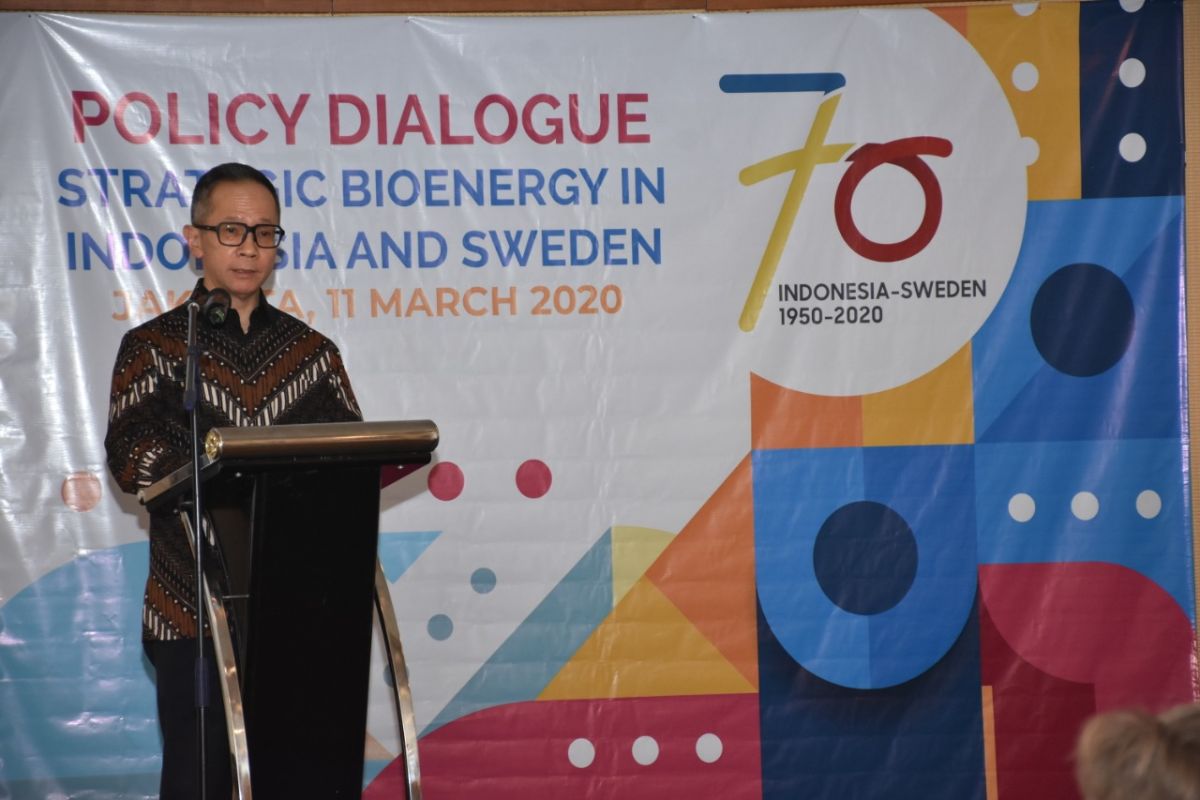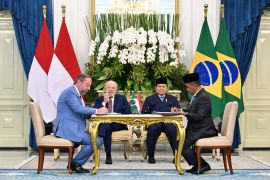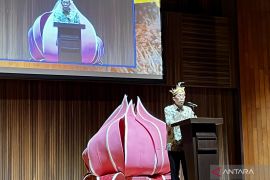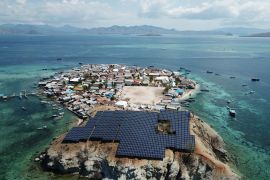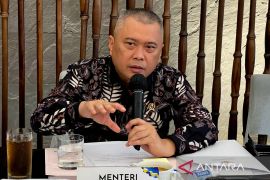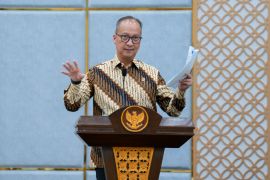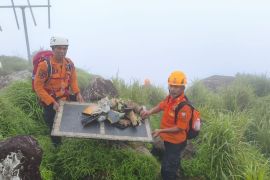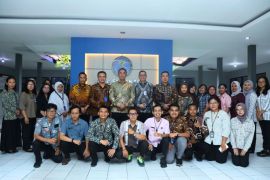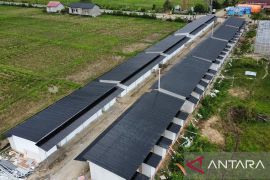The discussion was expected to increase understanding of bio-energy research in Indonesia and the ongoing transition to modern bio-energy, as well as to discuss some lessons learned from policy implementation to develop sustainable bio-energy.
Vice Minister of Foreign Affairs Mahendra Siregar, in his opening remarks at the discussion, stressed the importance of a comprehensive policy framework for promoting and supporting bioenergy production, both locally and nationally.
"Indonesia's diplomacy and energy cooperation is currently focused on securing energy supplies, developing renewable energy, improving access to modern energy and improving energy efficiency," he stated.
At the national level, the Indonesian government's commitment on energy is reflected in the National Energy Policy. A part of Indonesia's energy management plan is to achieve 23 percent renewable energy in 2025 and 31 percent in 2050 -- with 8.3 percent derived from bioenergy.
The vice foreign minister also emphasized that Indonesia must be ready to effectively manage renewable energy potential to meet the demand for bio-energy.
Regarding bio-fuels, he noted that Indonesia is the largest producer of vegetable oils, most of which are derived from palm oil. Currently, innovations are being tested with experts and researchers to improve Indonesia's ability to produce bio-fuels.
"Soon, bio-fuels will play an important role in fulfilling the very high energy demands," he added.
A number of Indonesian institutions have collaborated with Sweden to explore the bio-energy potential in Indonesia and the way to devise policies to promote sustainable bio-energy development in the country.
A few years ago, the Swedish Energy Agency and Indonesian Entrepreneurs Association (APINDO) signed a memorandum of understanding (MoU) on business cooperation and innovation for renewable energy and energy efficiency.
In 2015, the Indonesian Minister of Energy and Mineral Resources, along with the Swedish Minister of Energy, signed the MoU on renewable energy cooperation.
The cooperation that Indonesia and Sweden have demonstrated is important to explore the potential of bio-energy and devise policies to promote the implementation of sustainable bio-energy, Siregar stated.
Siregar also encouraged all stakeholders to collaborate on dealing with sustainable energy matters through research and industry development.
"I hope this policy dialogue will help explore evident and realistic ways that can synergize the government, international organizations, industries, public sectors, and academics in developing energy resilience," he said.
Related news: Palm oil potential for bio-energy: LIPI
Related news: Indonesian Science Institute offers bio-refinery to support bioenergy use
(INE)
Reporter: Yashinta Difa, Yuni Arisandy
Editor: Suharto
Copyright © ANTARA 2020
